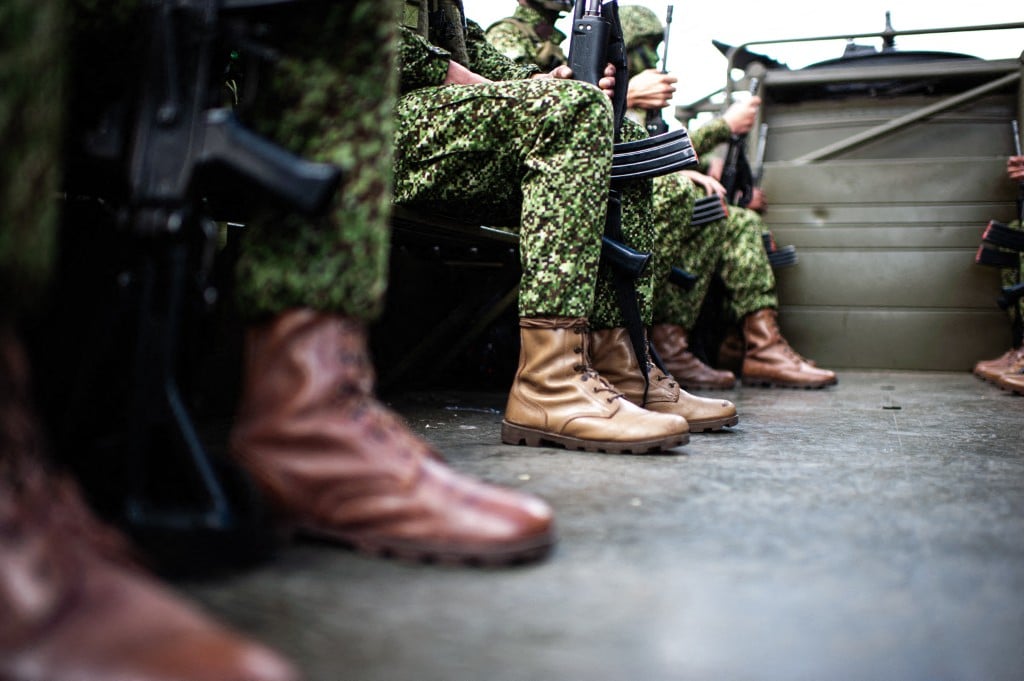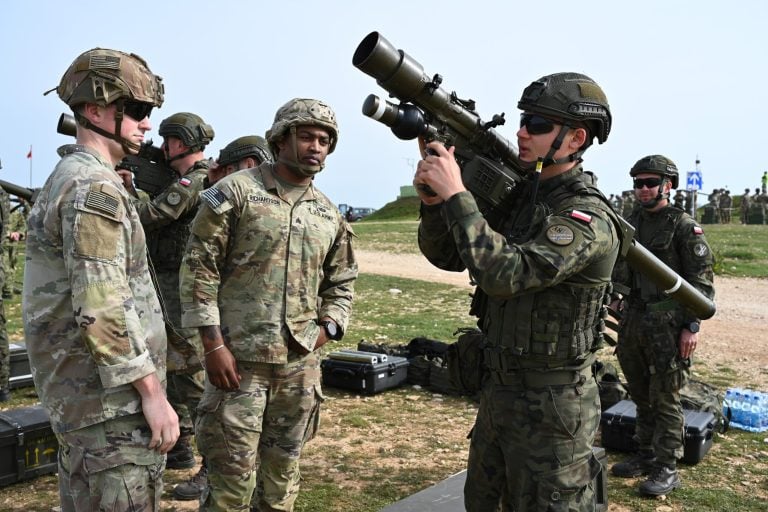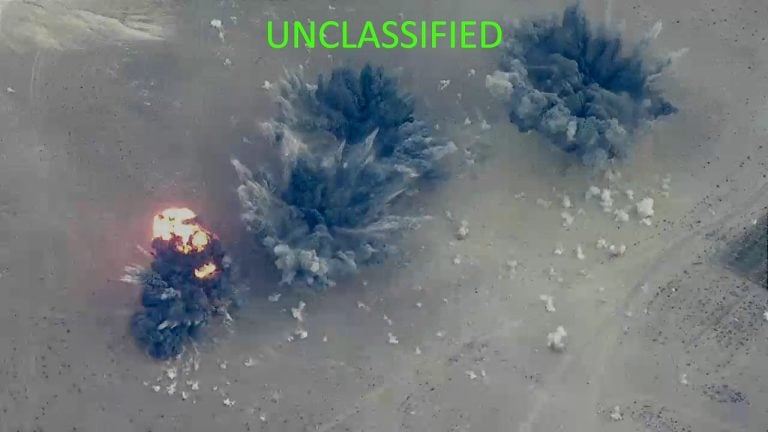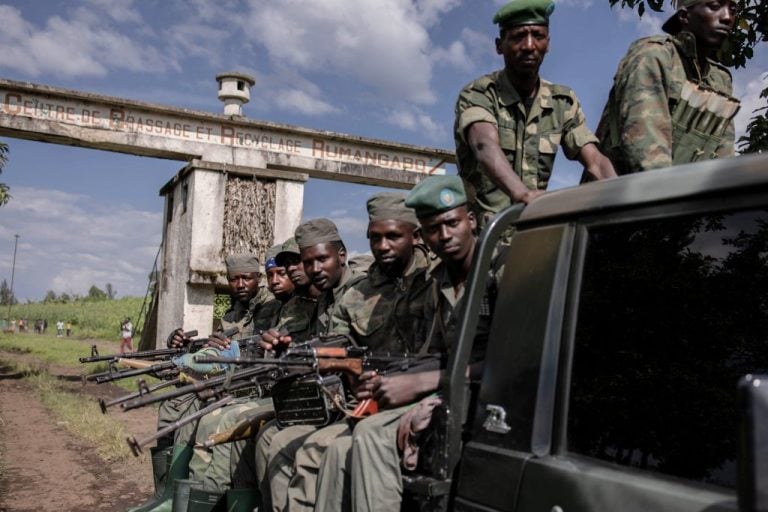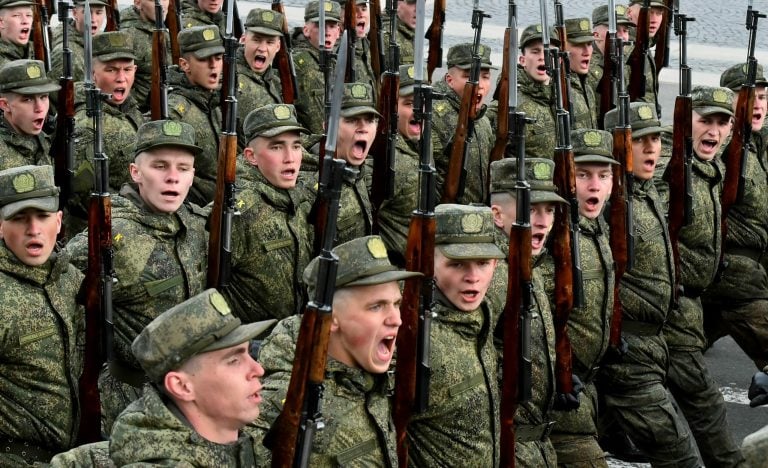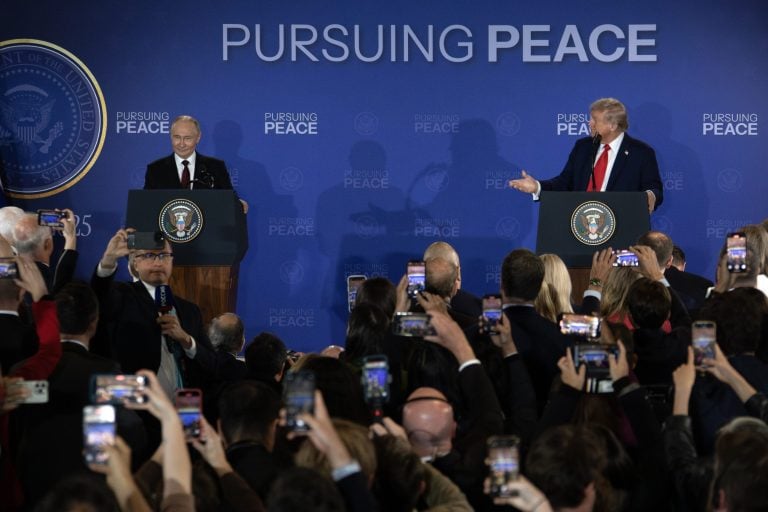A tragic incident unfolded in the city of Cali, Colombia, where a vehicle bomb detonated near the Marco Fidel Suarez Military Aviation School on a busy street, resulting in the deaths of at least five individuals and injuring dozens more. Local authorities reported significant chaos in the aftermath, with eyewitness accounts highlighting the severity of the explosion.
Hector Fabio Bolanos, a 65-year-old witness, described the moment of the blast as a thunderous sound, saying, “There was so much destruction, and many injured people.” Reports indicated damage to several nearby buildings, including homes and a school, prompting immediate evacuations.
Cali’s mayor, Alejandro Eder, provided preliminary figures, confirming five fatalities and 36 injuries caused by the blast. To prevent further incidents, he announced a ban on large trucks entering the city, citing concerns over additional attacks.
Another onlooker, 40-year-old Alexis Atizabal, reflected on the tragic loss of life among passersby, suggesting that civilians were among those killed. The attack has raised fears about security and the targeting of civilians in urban areas.
Governance in the region expressed dismay, with Dilian Francisca Toro, the regional governor, labeling the incident as a “terrorist attack.” Toro conveyed a message of resilience, stating, “Terrorism will not defeat us.” The looming threat of violence has been underscored by recent history; in June, leftist guerrillas claimed responsibility for a series of bombings and gun violence in the area that resulted in numerous casualties. This particular guerrilla faction, known as the Central General Staff (EMC), has rejected peace agreements and intensified its actions in anticipation of the 2026 elections.
The city remains on high alert as investigations are launched to determine the perpetrators of this devastating attack. Residents and officials alike are calling for heightened security measures to ensure the safety of the public amid rising tensions.
